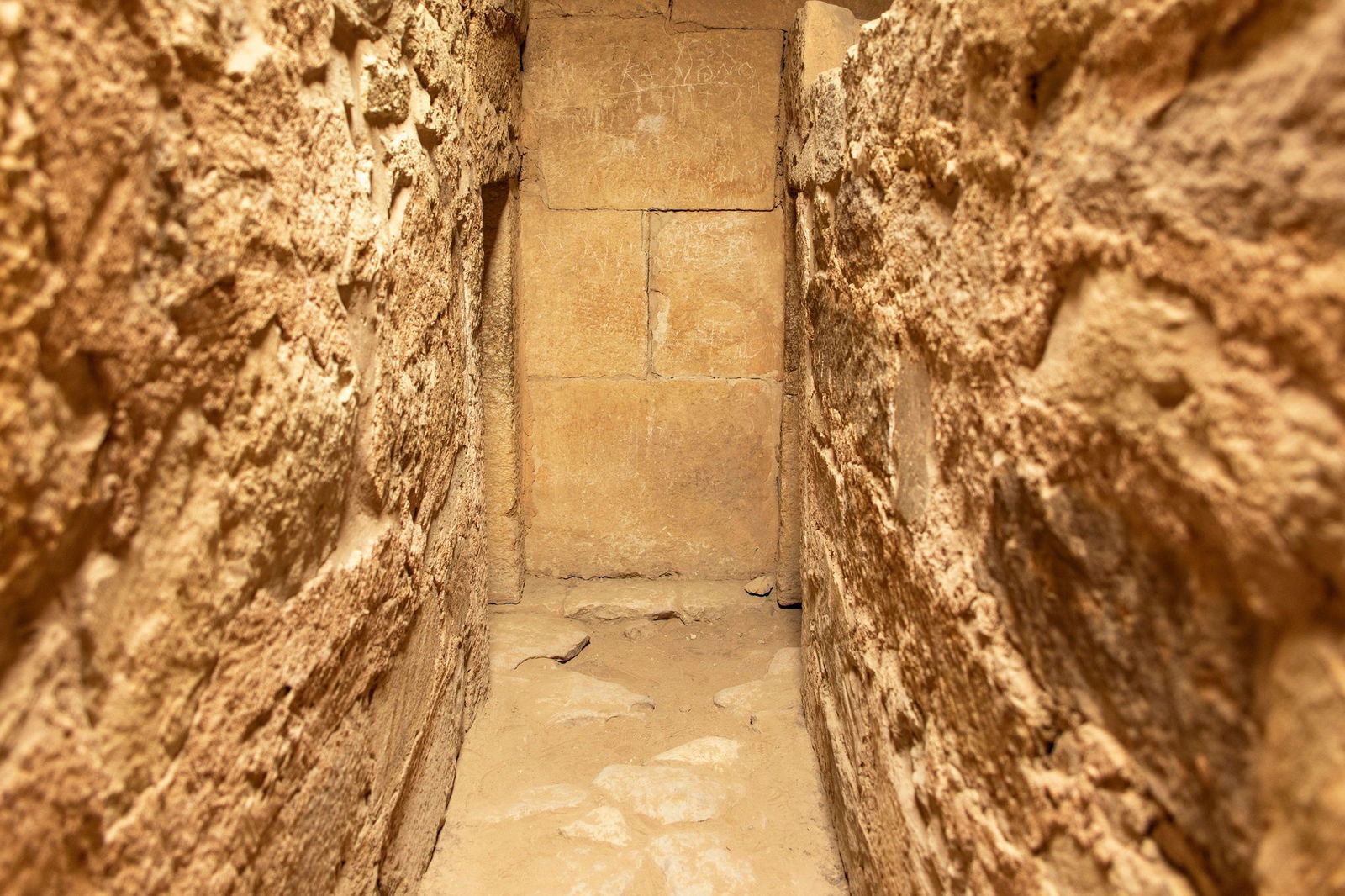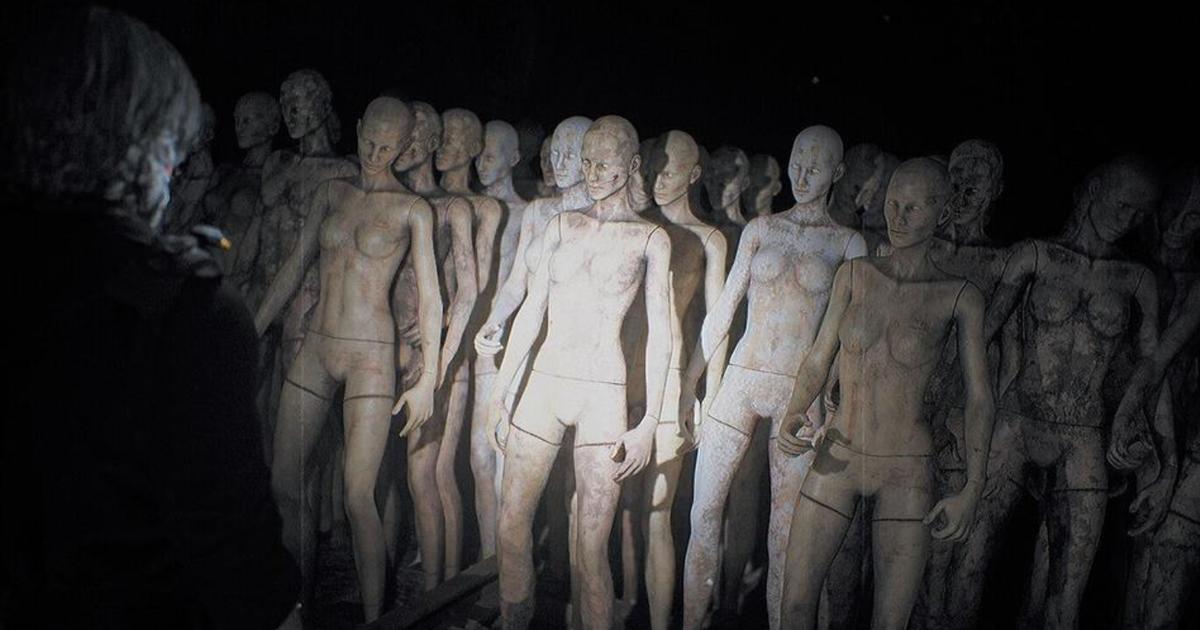Maps of America are riddled with racial prejudice, and that needs to change. Place names in the United States testify to the disturbing legacy of white supremacy – an article with this title and subtitle was published In Scientific American Scientific Journal.
The four authors expressed their views not only as an earth scientist but also as a woman of color. We are not the ones highlighting this specifically, but they started their journal article with this. They describe that as Earth scientists, they dedicated their lives to studying natural processes on Earth, spending time studying maps and satellite imagery to study coral reefs or ice caps, for example.
In their opinion, not only for researchers, but also for women of color, this defines a lot of their experience in the world, and they often face obstacles because of it. A similar problem is that they have to act under racist names in the course of their work.
According to their estimates
There are still more than 1,400 geographic names in the United States that have racist overtones.
Although many are not aware of their harmful effects, and in fact there are those who actively fight for their survival, researchers say they are extremely harmful and prevent the development of a just society.
Most toponyms, of course, evolved even centuries ago, simply in the course of history, and the evolution of the local community. The Chinaman (Chinese Track) Corridor in New Mexico, which is problematic, refers to the Chinese workers who built the local railways, for example.
Researchers say there are still a number of toponyms that unfavorably portray Native Americans. They remember that although the term “nigger”, which they referred to as only the n-word, had previously been removed from the maps, the word Negro, introduced instead, was racist and offensive as well. For example, there is a valley in the US that was first renamed Negro Bill Canyon in the 1960s and then Grandstaff Canyon in 2017.
However, the name change is not general, and the authors say it is unfortunate that in many cases authorities reject proposals to change the name on the grounds that the word Negro, for example, is not racist.
According to the authors, it is not effective to deal with such cases at the level of Member States. Two Democratic members of the House of Representatives have already submitted a proposal at the federal level to uniformly define and change geographical names deemed racist. The authors also advocate earth science organizations use their influence to help remove unwanted names from the map so that future professionals of color do not have to face racist names in the course of their work.
Cover photo illustration.













































